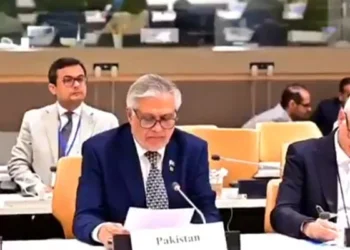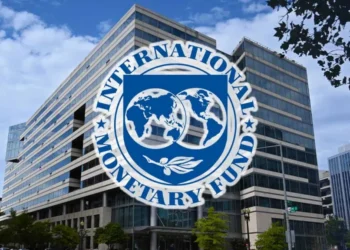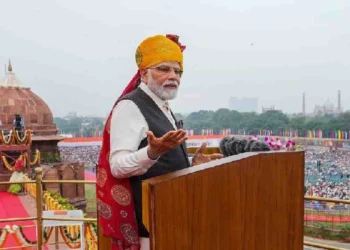ISLAMABAD; The Council of Islamic Ideology (CII) has withdrawn its earlier statement declaring the withholding tax on bank withdrawals and transfers as un-Islamic, clarifying that the matter is still under deliberation and no final ruling has yet been issued.
In a corrigendum issued Wednesday, the CII admitted that its previous press release “created the impression of a final verdict,” when in fact, only an initial debate had taken place. Members expressed differing views during that session, and the council has now decided to refer the matter to financial and religious experts for detailed consultation before bringing it back for formal consideration in the next meeting.
The clarification came just hours after the council’s official announcement had described withholding tax on banking transactions as “unjust and contrary to Shariah.” That statement sparked immediate public debate, particularly because the National Assembly’s Standing Committee on Finance recently approved an increase in the tax rate from 0.6% to 0.8%, effective June 14, 2025.
Separately, the CII raised objections over the Supreme Court’s September 11 ruling which made it mandatory for a husband to provide maintenance (nafaqah) to his wife even before consummation of marriage. The council described the judgment as “contradictory to the Quran and Sunnah,” arguing that maintenance obligations begin only after rukhsati (cohabitation).
The CII also reviewed several other legal and religious issues:
- Human milk banks: Permissible under strict conditions but only after legislation and with the CII’s oversight.
- Law of diyat (blood money): The council rejected proposed amendments seeking to delete silver as a measure, insisting that gold, silver, and camels must remain as prescribed in Shariah.
- Use of insulin: Permissible if prepared from halal sources, while insulin derived from pork derivatives should be strictly avoided. The council recommended legislative clarity on the matter.
- Court oaths: Copies of the Holy Quran used during testimonies must be purified afterward, necessitating a legal framework.
On the sensitive issue of blasphemy proceedings, the council examined allegations against religious scholar Engineer Muhammad Ali Mirza, concluding that his repeated statements amounted to “kufr” (heresy) without scholarly justification. The council declared his conduct punishable, emphasizing that repetition of such utterances worsened the offense.
Meanwhile, sources in the Federal Board of Revenue (FBR) confirmed that the government plans to challenge the CII’s stance on withholding tax in the Supreme Court. Officials stressed that the revenue authority fundamentally disagrees with the council’s interpretation and would seek judicial clarification to safeguard the tax regime.
























